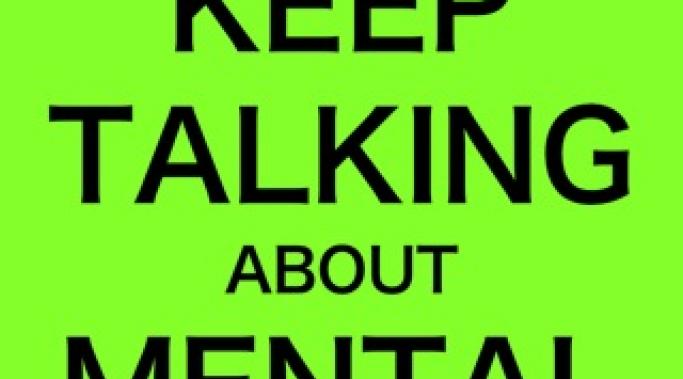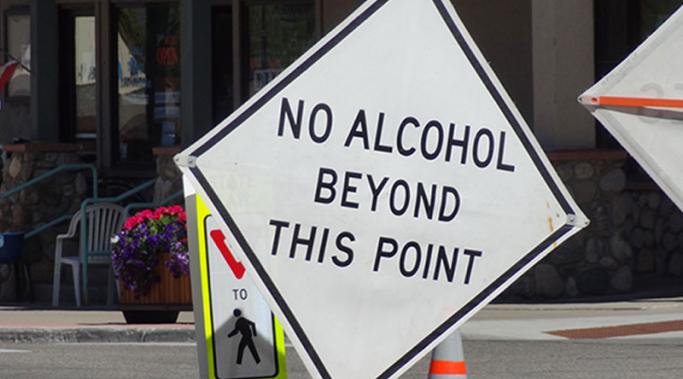I write a lot about depression and bipolar disorder in this blog. I also write other serious mental illnesses. Despite this, I don't believe I devote enough time---enough words---to other mental illnesses.
Counting Down: Five Mental Health Disorders Not Given Enough Attention
Recovering from Mental Illness
A toolbox of creative coping skills can make mental illness recovery easier. It used to be that when I pictured a toolbox, two images come to mind: My toolbox full of art supplies which is used often and the toolbox sitting in storage. It contains hammers and nails and other strange things. But now I think of a toolbox in a new way. A toolbox of creative coping skills is a collection of ideas that we can use to combat, and learn to live with, mental illness.
Mental illness and rage often go hand in hand---primarily when the illness is not yet treated. Rage is scary and stems from irritability and anger. It represents, and feels like, complete loss of control. What is rage and how can we confront it when living with mental illness?
When you live with a mental illness you understand depression. You know how much depression hurts, the damage it can cause, and the fear that results from it. But it can be hard to distinguish a state of sadness from that of depression. And it be scary not knowing if you may be experiencing a depression relapse or, with any luck, just feeling plain sad.
It would be interesting if we took a few minutes to recall the stigmatizing feedback we've received about our mental illness. Together, we could compile a book of stupid mental health comments that rivals the dictionary in length. But that would take a lot of time and, frankly, might irritate us. So, in light of that, let's focus on some common stigmatizing feedback we might receive about mental illness and how we can respond to it.
This topic came to me at a rather ridiculous time---though this is often the case and I am usually somewhere without a pen!---when putting on mascara. Ah, yes. The best ideas plant themselves in my often scattered brain when I am doing anything other than wondering what I might write about.
That being said, with mascara wand in hand, I ran into my office, grabbed a pen, and scribbled it down. And then I thought: "Can we actually view our mental illness positively?" At this moment, as I write these words, I have no idea. But I want to give it a shot. After all, what's the worst that could happen (cue somber music)?
Stress affects your mental health, and if you have a mental illness, stress can cause a mental health relapse, too. If you can't tell the difference between stress and an oncoming mental health relapse, then what feels impossible can become impossible. This is why it`s important to recognize signs of stress that could lead to mental health relapse.
You know it and I know it: living with a mental illness and being open about it can have dire consequences. And, frankly, it pisses me off. Let's look at some of the more common (exceedingly irritating) stigmas about living with a mental illness.
I had a tough year. I typically have a lower mood once October kicks me in the ass, but this year was worse. I watched seven seasons of Lost in one month--granted I had never seen it before. But still! I even went as far as to abandon writing this blog. I was not thinking clearly. Writing this blog is an important part of my life.
As usual, you are probably wondering where I am going again. Yes, the woman who wrote a memoir on mental illness and addiction should perhaps stop talking about her own misery. But this morning--back on my feet again--I remembered that time and the words "solitary confinement" came to mind.









